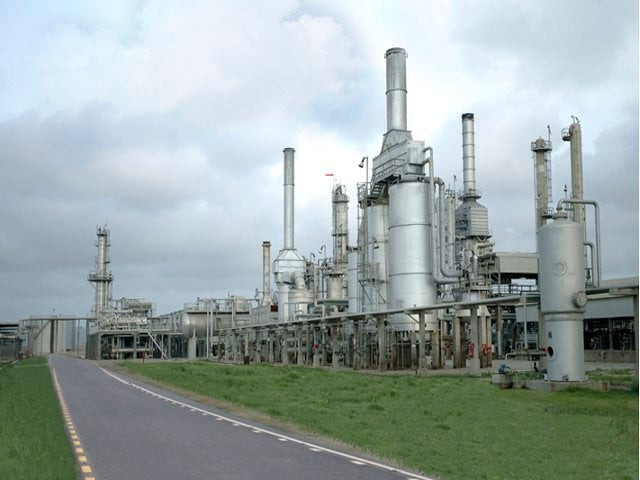Defining moment for refining sector
New refinery policy provides opportunity to change course through modernisation

The refining sector was facing problems even before the pandemic, recall my article two years ago, “Stringent condition: new regulation requires refineries to modernise”, where I highlighted a crisis-like situation for refineries in Pakistan post-IMO 2020 era.
Lo and behold, the exogenous event of Covid-19 pandemic has now posed an existential threat to the already fragile and outdated refining sector in Pakistan.
For the time being, the recent gas crisis came to the rescue as the utilisation of furnace oil in power generation increased 46% year-on-year, supporting the top and bottom lines of refineries.
The recently developed refinery policy is a godsend for the existing refineries and perhaps the last chance to change course going forward through modernisation.
For a new refinery setup, the policy ensures a 20-year tax holiday if approval is secured for setting up a minimum 100,000-barrels-per-day (bpd) deep-conversion refinery by December 2021.
The revised pricing regime comprises import parity-based pricing where 10% duty will be imposed on the import of motor spirit (MS) and high-speed diesel (HSD) for five years and then it will be reduced by 1% every year to 5%, remaining at 5% thereafter.
Even if everything pans out well in Pakistan post-rollout of the new refinery policy, the refiners globally face an existential crisis as the growing divergence between refining capacity and demand for refined products will intensify sharply in the next two decades as more than 6 million bpd of new capacity will come on line until 2025 against demand for 2 million bpd, warned the International Energy Agency (IEA) last year.
However, for the time being, the demand scenario for the developed and developing world will be different. Asia and the Middle East accounted for most of the global refining investment over the past five years, and for more than 80% of the refining capacity currently under construction.
This is in stark contrast to the developed economies where the shift towards renewables and electric vehicle revolution has reduced the demand for refined products, mainly in the transportation sector.
As refineries are being shut down in the US, more and more refining capacities are being added in China and as per Bloomberg, this year China may surpass the US in terms of installed refining capacity.
China is becoming a major player in the international market for refined products. This is putting pressure on older plants in other parts of Asia, eventually forcing Shell to reduce its refining capacity to half in Singapore.
One of the major drivers of expansion and modernisation in the refining sector is the increased focus on the downstream petrochemical chain, which is not being targeted in the proposed refinery policy in Pakistan.
According to industry consultant Wood Mackenzie, a majority of expansion in the refining sector in Asia till 2027 will be focused on plastics. There is a huge demand for feedstock such as ethylene, propylene and naphtha besides usual demand for liquefied petroleum gas (LPG), which will be essential to fuel the upcoming growth in Asia in general and Pakistan in particular by making various types of plastics.
So far, the US has been the major supplier of feedstock, but it may change in future. This makes a clear economic sense to not just set up a plain vanilla refinery, but an integrated refining and petrochemical complex, which will unlock the huge value chain downstream.
With potential investment of $9 billion in building the largest and state-of-the-art 250,000bpd Parco coastal refinery in Balochistan, the refining landscape of Pakistan is going to change forever. This new massive and modern deep-conversion refinery will make life tougher for existing five smaller rivals, which lack scale, flexibility to switch between fuels and ability to process dirtier, cheaper crude.
This will be particularly critical in the post-implementation era of refinery policy as the government will not guarantee product offtake from local refineries and they will have to market their products locally or internationally, which will be very challenging if they do not rise up to the challenge. The clock is ticking fast and getting value out of each and every barrel will be a great challenge for the existing refineries unless they take full advantage of the new refinery policy.
The writer is a financial market enthusiast and attached to Pakistan’s stocks, commodities and emerging technology
Published in The Express Tribune, April 26th, 2021.
Like Business on Facebook, follow @TribuneBiz on Twitter to stay informed and join in the conversation.


















COMMENTS
Comments are moderated and generally will be posted if they are on-topic and not abusive.
For more information, please see our Comments FAQ